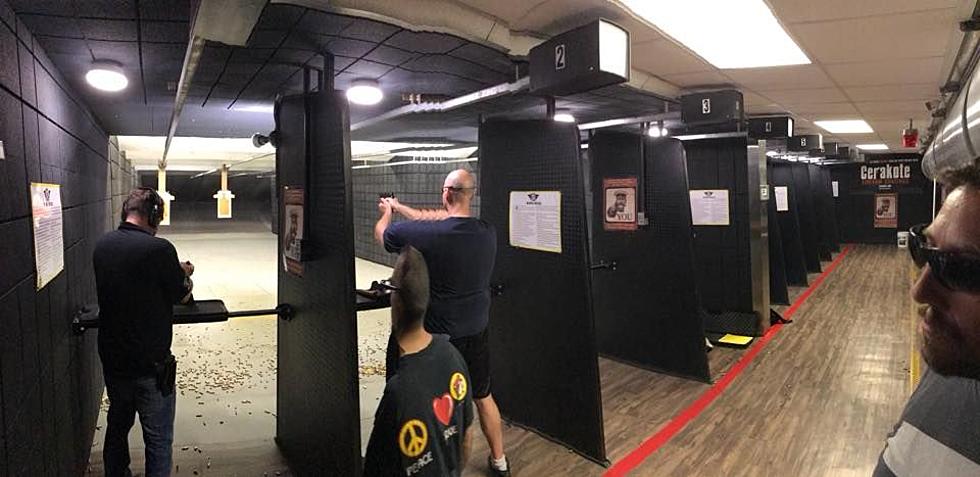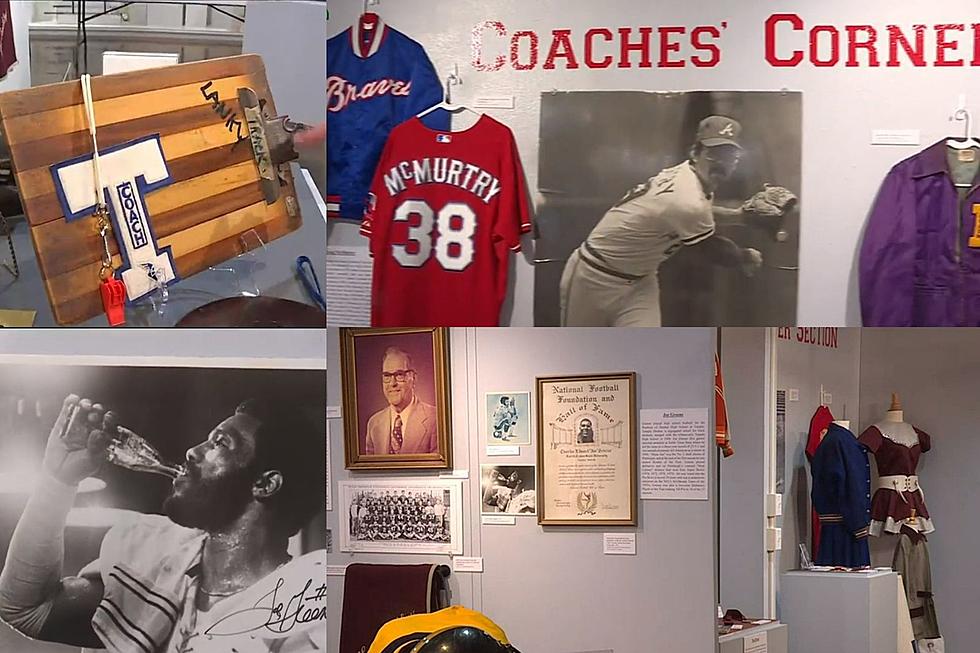
Belton Soldier Used Hitler’s Stationery to Write Home Near the End of World War II
(Belton, Texas) - On May 1, 1945, John Byron "Harry" Bowden of Belton was among the first American soldiers to enter Hitler's personal study in Munich, Germany.
Taking a moment to rest after helping storm Nazism's cultural capital on the same day the German government announced the Fuhrer had taken his own life in Berlin, Bowden pulled a piece of Hitler's personal stationery out of a desk and penned a letter to his cousin, Aleen Lynch Dillard of Rogers.
Before her death in 2009, Dillard left the cherished note to her son, Douglas Dillard, who donated it to the Bell County Museum in 2011.
It reads as follows:
Munchen, Den.
May 1, 1945
Dear Aleene and family,
Just a note to say hello to all. Should have dropped you a line long ago but have been rather busy. Things are about to come to the great climax over here. I never dreamed that one day I'd find myself sitting at the Fuhrer's desk but right now here I am in his study. His stationary isn't bad either.
I haven't had news from any of the folks for ages. I heard that Parks has been home. I guess Ted is still in the states. I hope so. I'll try to write again soon.
As Ever,
Harry
Harry Bowden's two brothers, Parks and Woodrow Bowden, also served in World War II. They went on to become officers, while Harry earned a Ph.D. in education and served as principal of San Antonio's Harlandale High School. He passed away in 1966.
The letter is just one of many priceless treasures on permanent display at the Bell County Museum, 201 N. Main Street in Belton.

(This article was originally published on May 18, 2016. The following information concerns an exhibit no longer on display.)
The museum is currently featuring an exhibit on loan from the United States Holocaust Memorial Museum in Washington D.C. titled "Deadly Medicine: Creating the Master Race".
The exhibition, presented in conjunction with the University of Mary Hardin-Baylor's Department of Christian Studies, traces the history of eugenics from the early 20th-century international movement to the Nazi regime's "science of race" and challenges viewers to reflect on the present-day interest in genetic manipulation that promotes the possibility of human perfection.
The exhibit will be on display through Saturday, May 21, and admission to the museum is free.
LOOK: These Were the Most Common Jobs 150 Years Ago in Texas
LOOK: These Are the Highest-Rated Free Things To Do in Texas, According to Tripadvisor
LOOK: These Are the Counties with the Warmest Summers in Texas
More From KTEM-AM







